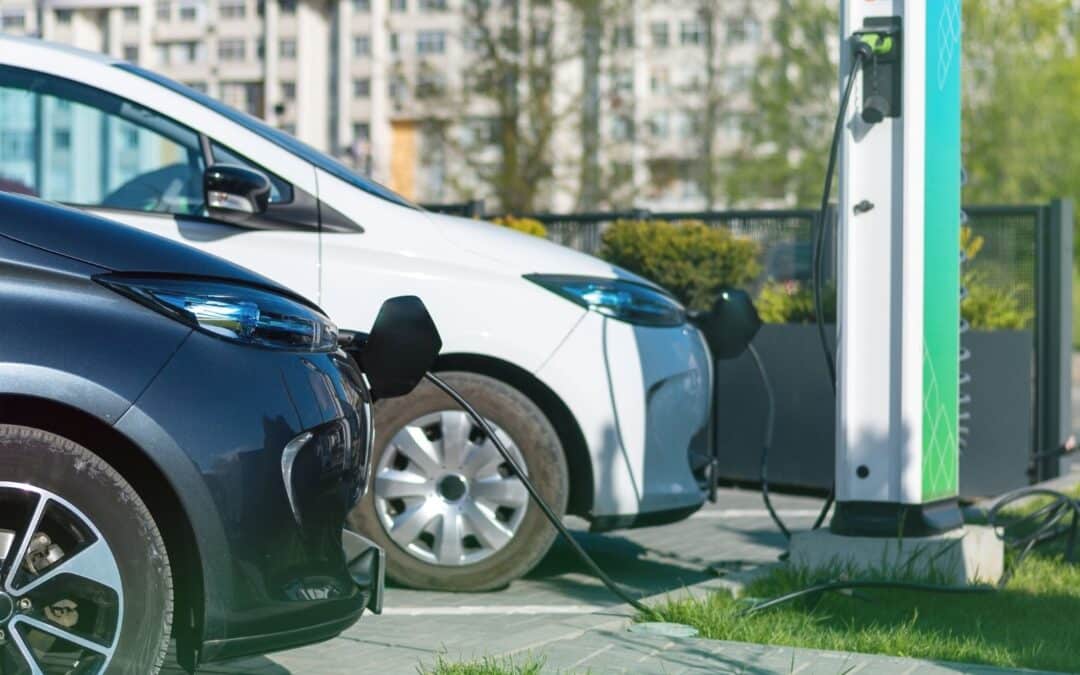As driverless cars become increasingly prevalent on Chicago’s roads, it’s essential to understand the limitations of this technology. While autonomous vehicles promise improved safety and convenience, they are not immune to errors or accidents.
(Navigating the Future of Roads: Pedestrian Injuries and Autonomous Vehicles in Chicago)
Technical Limitations of Driverless Cars
Driverless cars rely on complex systems, including sensors, GPS, and artificial intelligence. However, these systems are not foolproof.
- Sensor Malfunctions: Sensors can be compromised by weather conditions (e.g., fog, snow, or heavy rain), damage, or software glitches, impairing the vehicle’s ability to detect its surroundings. This can lead to motor vehicle accidents or near-misses, especially in areas with heavy pedestrian or cyclist traffic like Chicago’s Loop. For instance, a malfunctioning lidar sensor may fail to detect a pedestrian stepping into the crosswalk.
- Mapping and Localization Issues: Inaccurate mapping or localization data can cause autonomous vehicles to become disoriented, potentially leading to accidents or wrong turns. This is particularly concerning in Chicago’s complex network of streets and alleys, where accurate navigation is crucial.
Cybersecurity Concerns
The increased connectivity of driverless cars creates vulnerabilities to cyber threats.
- Hacking Risks: Autonomous vehicles can be susceptible to hacking, potentially allowing malicious actors to take control of the vehicle or access sensitive data. This is particularly concerning in Chicago, where the city’s dense population and infrastructure make it an attractive target for cyber threats. Hackers could exploit vulnerabilities in the vehicle’s software or communication systems.
- Data Privacy Concerns: Driverless cars collect vast amounts of data, including personal and location information. Ensuring the secure storage and transmission of this data is crucial to protecting users’ privacy. This includes implementing robust encryption methods and adhering to strict data protection regulations.
Human Factors and Driverless Cars
While driverless cars aim to reduce human error, they are not immune to human factors.
- Operator Error: Human operators may fail to monitor the vehicle’s surroundings or ignore warnings from the autonomous system, leading to accidents. This is particularly concerning in Chicago, where aggressive driving and distracted driving are common. Operators must remain attentive and prepared to take control of the vehicle at all times.
- Transitioning to Manual Control: When autonomous systems fail or require human intervention, transitioning to manual control can be challenging. This can lead to accidents or near-misses, especially if the human operator is distracted or unprepared. Smooth transition protocols and clear warning systems are essential.
Regulatory Framework and Liability
The regulatory framework surrounding driverless cars is evolving.
- Federal and State Regulations: Chicago and Illinois have implemented regulations governing autonomous vehicle testing and deployment. However, these regulations may not keep pace with technological advancements, creating uncertainty and potential liability concerns. Manufacturers and operators must stay informed about changing regulations.
- Liability in Motor Vehicle Accidents: Determining liability in accidents involving driverless cars can be complex. Manufacturers, operators, and software developers may be held liable for accidents or injuries. Establishing clear liability guidelines is crucial for protecting consumers and promoting innovation.
Conclusion
While driverless cars promise improved safety and convenience, understanding their limitations is crucial. By acknowledging these limitations and addressing regulatory and liability concerns, we can work towards safer roads for all Chicagoans.
If you’re looking for an experienced Chicago personal injury lawyer to help navigate your personal injury claim, we will fight assiduously for your right to the compensation you deserve. Call Bizzieri Law Offices at 773.881.9000. The case evaluation is free, and we never charge a fee unless we recover damages for you.

